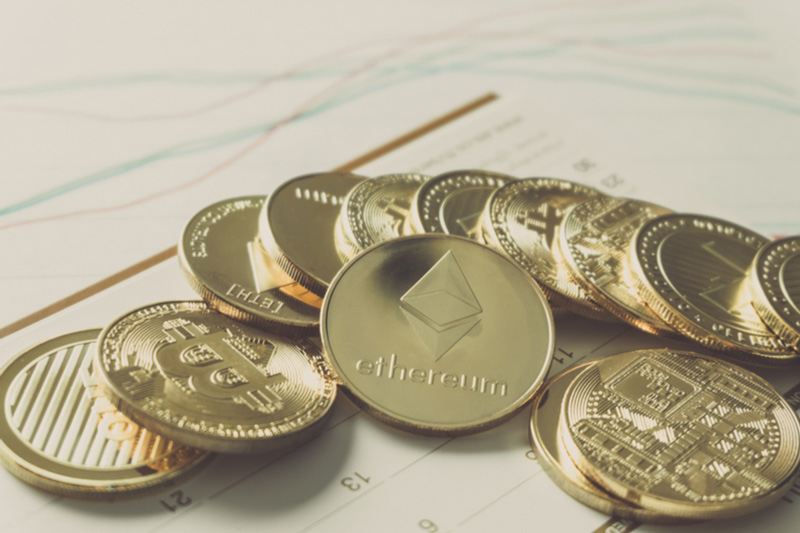Gold prices edge higher on raised Fed rate cut hopes
Coin Edition -
- South Korean tax authorities exclude crypto assets held in cold and non-custodial wallets from overseas financial account reporting.
- The law introduced in 2023 requires South Koreans to report crypto assets exceeding 500 million won held in foreign accounts.
- Crypto assets held in centralized exchanges must still be reported to authorities.
Tax authorities in South Korea have excluded crypto assets stored in non-custodial and decentralized wallets from overseas financial account reporting, according to Korean crypto news outlet Digital Asset.
The update from the authorities gives clarity on the recently introduced financial account reporting for crypto assets. Notably, the much-needed clarification means assets held in self-custody wallets like Ledger and Metamask are excluded from the reporting.
In an earlier statement, the South Korea National Tax Service confirmed, “If you hold virtual assets through a non-custodial, decentralized virtual asset wallet, you are not subject to foreign account reporting pursuant to Article 53 of the ‘Act on International Tax Adjustment.’”
The law, which took effect in 2023, requires South Korean crypto users to report digital assets held in foreign accounts that exceed 500 million Won to the National Tax Service. However, there were uncertainties as to whether cold wallets qualified as foreign accounts under the requirement.
Explaining, an official of the National Tax Service said that the exemption is because customers retain control over assets held in cold storage. Furthermore, the official added that the platforms do not sell, buy, or exchange crypto assets stored by these customers.
As noted in the report, Kim Ji-ho, a tax accountant expert at a local firm, explained that overseas financial account reporting was introduced to obtain overseas tax data. According to the expert, tax authorities faced some limitations in getting these data in the past.
Furthermore, Kim stated that the National Tax Service clarification effectively puts to an end worries about whether decentralized wallets are covered. The expert said he expects this to remain so in the long term but clarified that the exemption does not apply to virtual assets held on overseas centralized exchanges.
The post South Korea Exempts Self-Custodied Crypto From Overseas Tax Reporting appeared first on Coin Edition.
